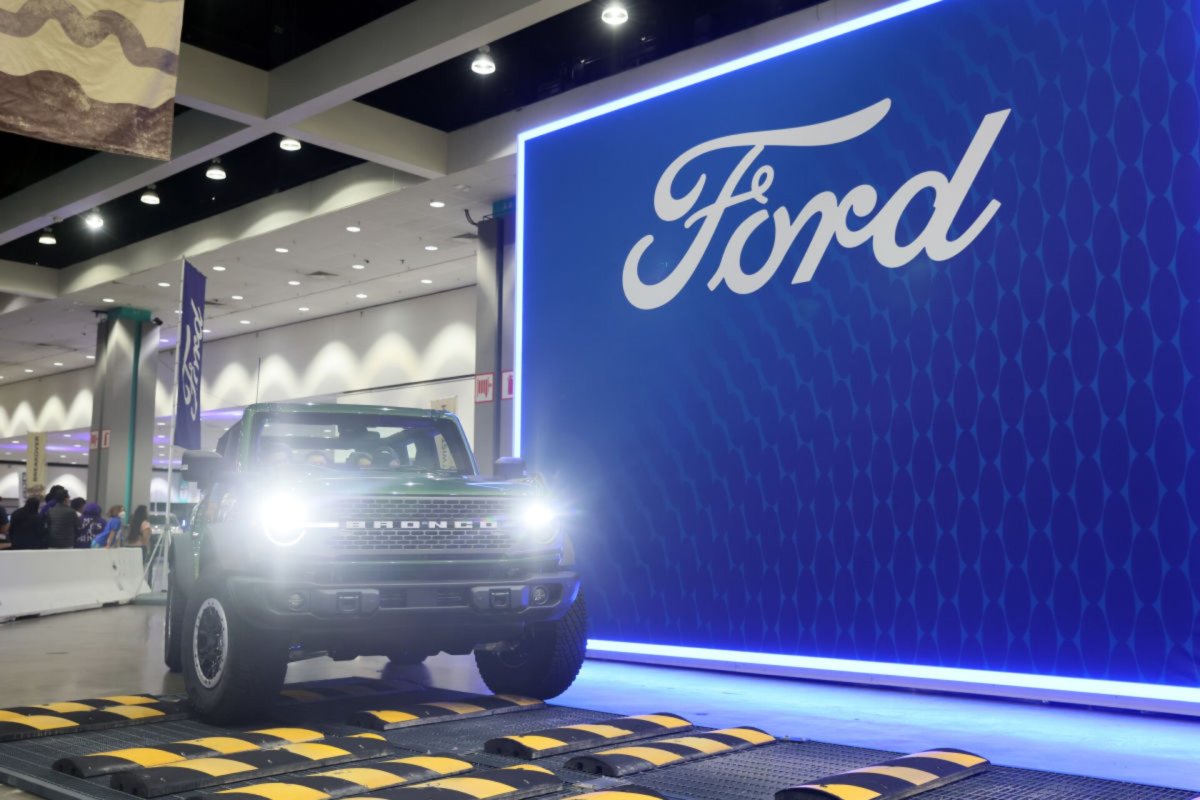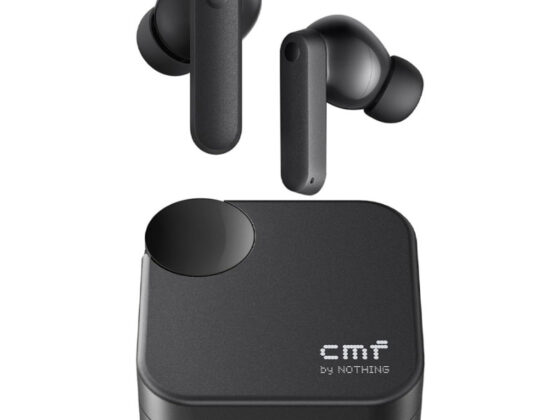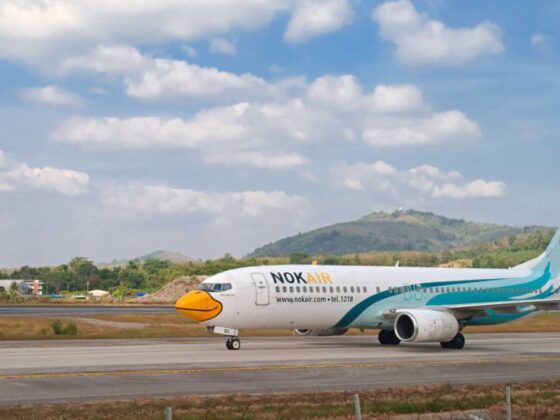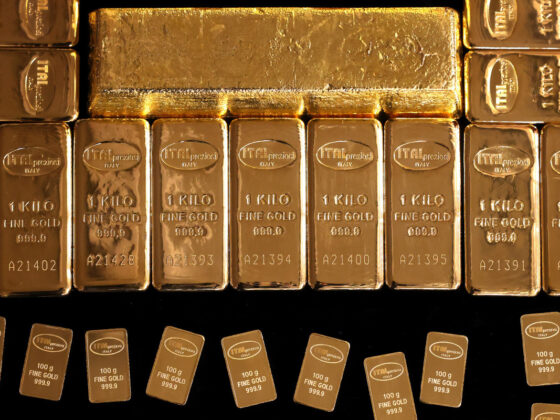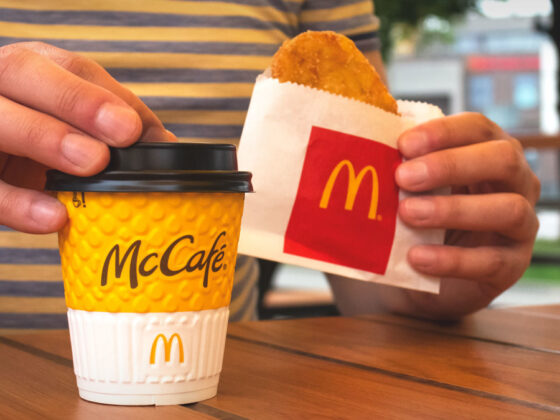President Donald Trump has used his bully pulpit to pressure companies across the spectrum not to raise prices, and save for a few seasonal adjustments, most have not raised prices to reflect how much the tariffs are costing them.
Everyone from Ford to General Motors to Toyota has said that tariffs will cost them billions this year, but all have committed to keeping prices low.
In June, the average new-vehicle price rose 0.2%, according to Kelley Blue Book.
Related: Car buyers beware, the market appears to be shifting gears
Additionally, companies have been spending on incentives to drive sales.
Ford used incentives and the fear of tariffs to become the top-selling brand in the U.S. during the first half of the year. Ford said total sales in the second quarter rose at a rate 7x that of the overall auto industry.
The 1.11 million units it sold (a 6.6% year-over-year increase) were largely due to the employee pricing and 0-0-0 incentive programs.
But holding prices low while costs are increasing is unsustainable, and despite all of its success this year, Ford has started to crack in a way the competition has not, yet.
Ford raised prices more than 2% in July
New data from Cox Automotive shows that Ford may have hit the wall when it comes to keeping prices low through the U.S. trade war.
New vehicle transaction prices have been held steady for months as the president has pressured pressured companies to keep prices low. But those times may be ending.
Ford Motor Co (F) raised average transaction prices (ATP) 2.3% to $56,282 from June when the ATP was $55,024. That was also a 1.1% increase from July 2024's $55,648.
This was a big departure from the trend of the rest of the car market.
Related: Ford Motor CEO takes ‘radical approach' to major problem
Fellow Detroit Big 3 company General Motors reported a 1.7% month-over-month drop in ATP. Still, its July 2025 ATP of $53,969 was 4.1% higher than its ATP in July of last year.
Stellantis' July 2025 ATP of $52,029 represented a 2.9% month-over-month decline and was down 6.8% year over year.
Those trends are more in line with the rest of the auto industry, which reported a 0.1% month-to-month decline in ATP to $48,841. The July ATP was 1.5% higher than last year, according to Cox Automotive.
July car prices remain flat, but signs are pointing to an increase
Carmakers actually increased their incentive spending last month to 7.3% of the new vehicle ATP, up from 7% in June, according to Cox Automotive.
Automakers spent an average of $3,553 per vehicle to move their inventory in July, reaching the high point for incentive spending this year.
More automotive:
- Ford CEO Jim Farley supports US tariffs despite $2 billion cost
- EU and US automakers both lose big in latest tariff deal
- Tesla faces ‘unprecedented' downturn in one key area
“Automakers are providing healthy incentives to keep sales flowing. Prices are trending higher, but just as we are seeing in the broader retail markets, there’s sufficient demand and generous incentives out there, and that’s driving the market,” said Cox Automotive Executive Analyst Erin Keating.
Manufacturer Suggested Retail Prices (MSRP) were only slightly lower in July sequentially, but compared to last year, they are higher by 2.4%, which Cox says is a sign that manufacturer costs are increasing more than consumer retail prices.
Related: Tesla's biggest strength has suddenly become a liability

